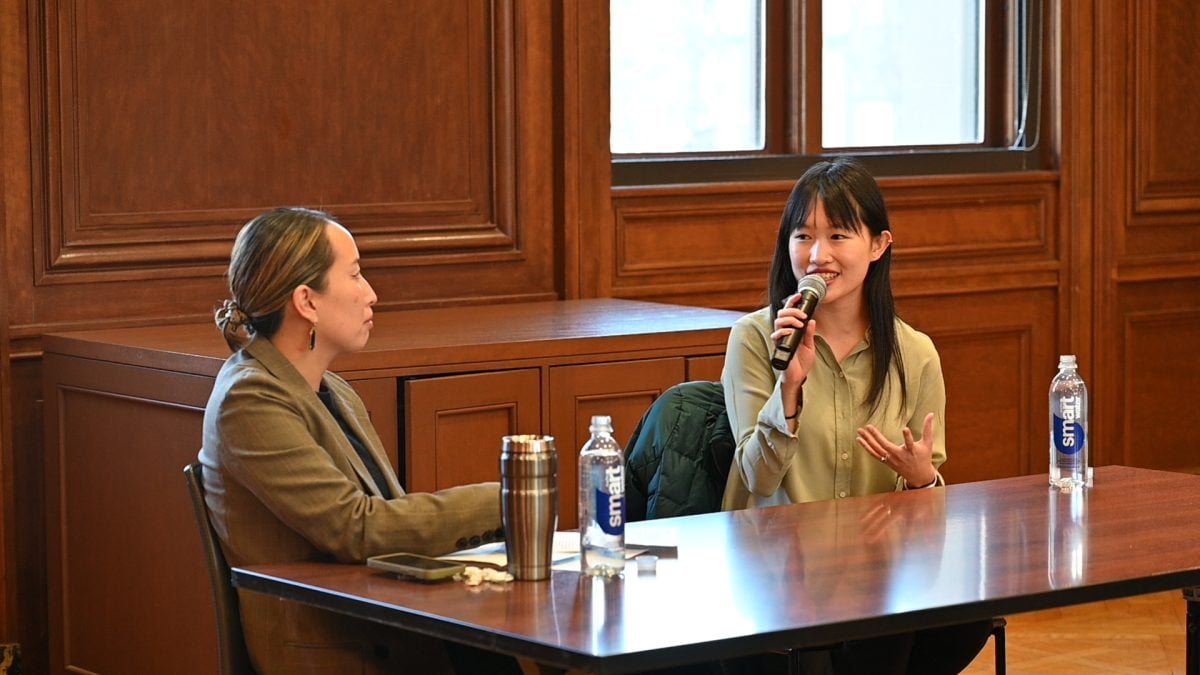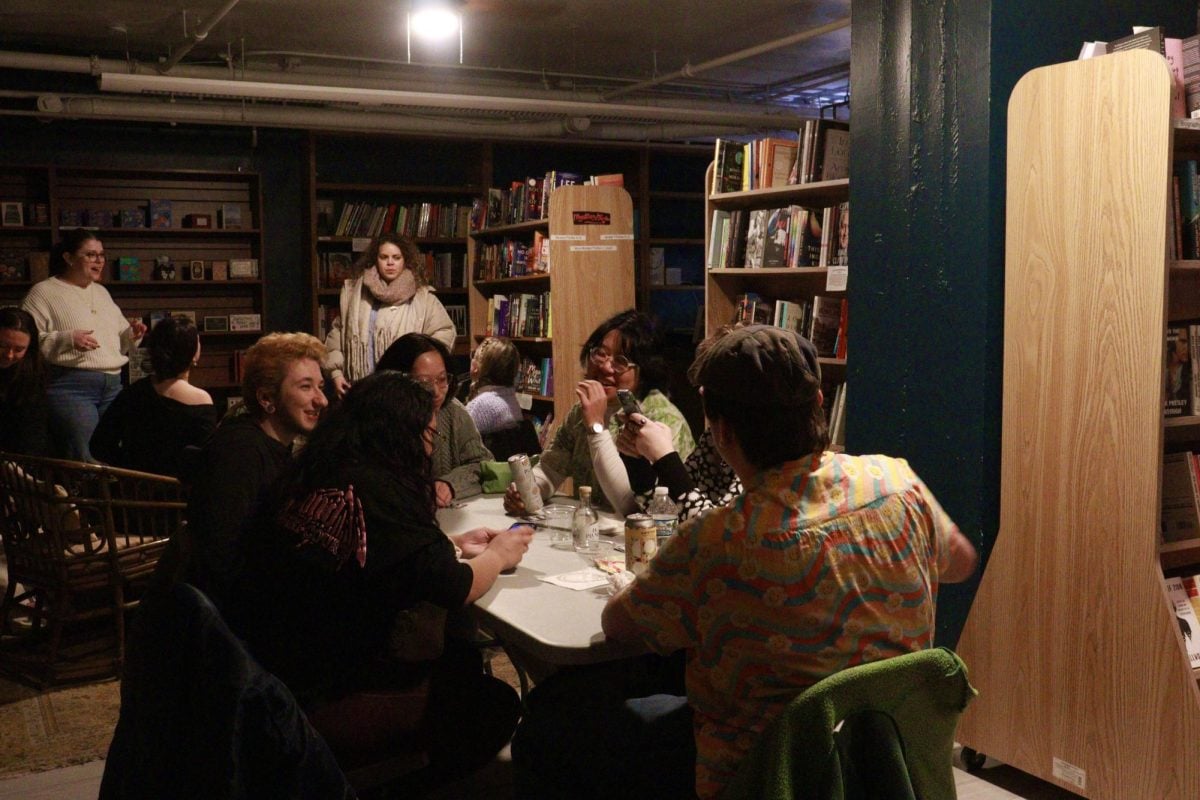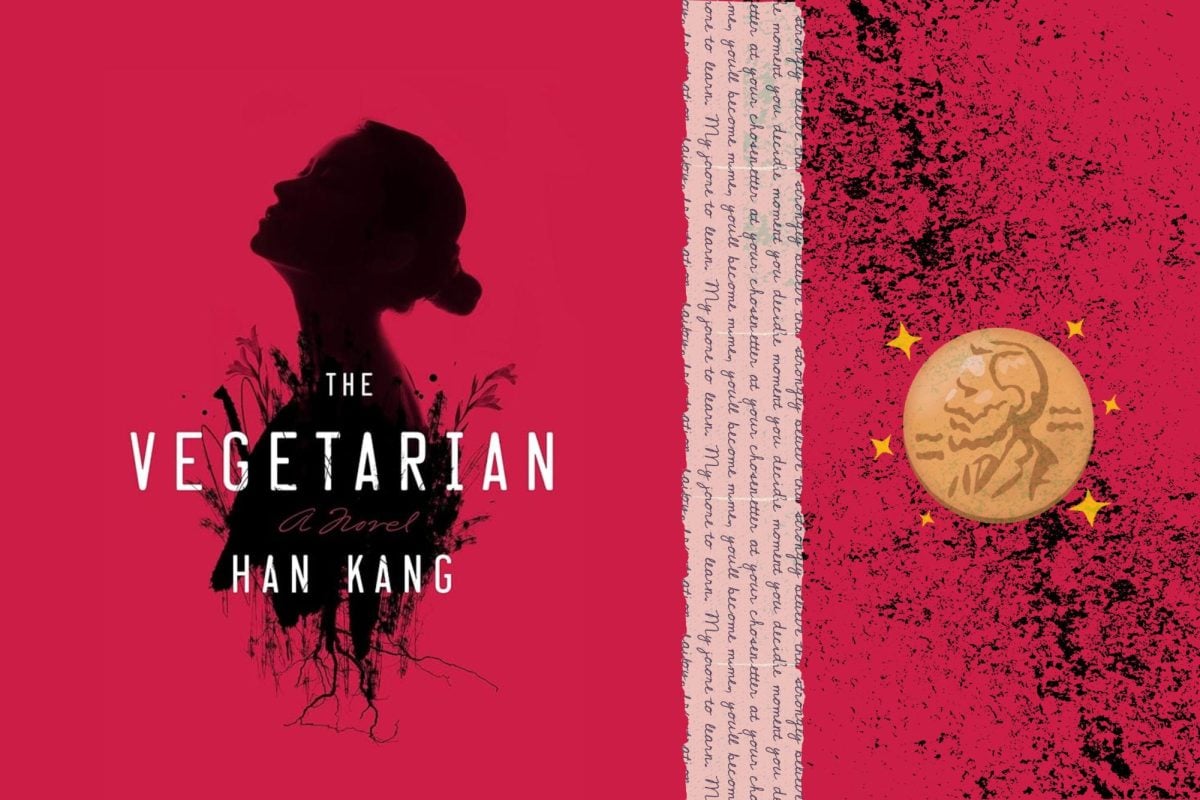Per- and polyfluoroalkyl substances, also known as “forever chemicals,” are everywhere: in the water, in soils and in our bodies. But for years, their health risks went largely unnoticed by the general public. Journalists like The Hill’s Rachel Frazin (Medill ’19), an energy and environmental reporter, are working to shift this conversation.
Frazin’s new book, “Poisoning the Well: How Forever Chemicals Contaminated America,” comes out April 10. Co-written with Sharon Udasin, a western climate and policy reporter at The Hill, the book, consisting of part facts and part human portraits, unpacks the history, science and human cost of PFAS contamination on the drinking water of communities nationwide.
The Daily spoke with Frazin about how the book came together, her partnership with co-author Sharon Udasin, the research process and how readers can get involved.
This interview has been lightly edited for brevity and clarity.
The Daily: What drew you to publish a book specifically on PFAS substances?
Frazin: I have been fascinated by these chemicals, and I think what really woke me up is this CDC study which found PFAS compounds in at least 97% of Americans … So I think that just seeing that was a bit of a big wake up call for me. Sharon and I really want to bring awareness to this thing that’s impacting so many people that most people don’t even know about.
The Daily: Can you walk me through the research process for the book?
Frazin: We spoke with community members, and I was really our big documents person, so I went through the EPA (Environmental Protection Agency), which has this administrative record of thousands of documents.
Frankly, I wasn’t able to go through every single document just because there were tens of thousands of them, but I was able to pick out titles that looked interesting. When I went through just that list of titles and had gathered a ton of information, I was like, “Wow, there’s really something here.” I also went to The National Archives here in Maryland right outside of D.C., and I spent a day there going through the archives of what the government knew and when they knew it.
The Daily: If readers want to take action after reading “Poisoning in the Well,” where should they start?
Frazin: One (strategy) is in your own life: looking at the products that you use. If you are using cosmetics, read the labels, see what’s in it. Make sure that you’re being cognizant of the products that you’re purchasing both for yourself and also because money speaks. If there is demand for products without these chemicals in them, that might move manufacturers.
Secondly is speaking with your representatives. If you walk away feeling strongly about this issue that you hadn’t known about before, you should call the people in your state and in your town and in Washington, who represent you.
The Daily: What would you hope readers take away from your book?
Frazin: I hope that people walk away more informed about the choices that they make as consumers, what they’re putting into their bodies and what the government has done, could do and is or is not doing about it. We just hope that people walk away informed and perhaps empowered to express their opinions to their representatives.
Email: valentinavalcarce2028@u.northwestern.edu
X: valenpvalcarce
Related Stories:
— NU alums fulfill promise to co-author mystery novel 45 years later
— Author R. F. Kuang talks writing, inspirations with NU AASP
— Art community explores social justice through “artivism” on campus


















